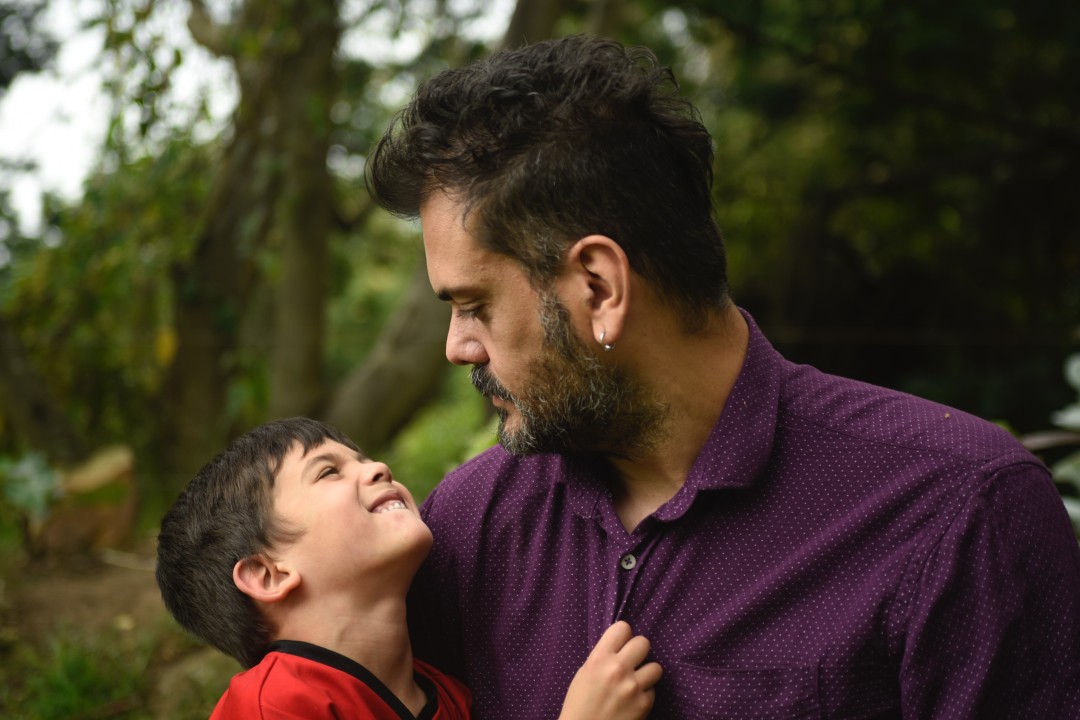
Right to privacy or the right of paternity which is Supreme ?
Right to Privacy Vs Right to Paternity
In a significant verdict, the Supreme Court has answered that in case of a conflict between, right to privacy and right to paternity, the latter will be supreme over right to privacy. In the given case, the Supreme Court refused to entertain a plea challenging a Kerala High Court order directing a former Indian Army soldier to undergo DNA test to determine the paternity of a woman who claimed to be his daughter [Abhilash Nair vs Sreebha PS].
The bench of Justices Sanjiv Khanna and Bela M Trivedi rejected the plea of right to privacy raised by the petitioner Abhilash Nair observing that when there is a conflict between right to privacy of the purported father and right to claim paternity of progeny, the right of paternity shall prevail.
By way of background, one Sreebha PS (first respondent) had alleged that the petitioner and she had gotten married in 1999 and had a daughter (second respondent) in 2000.
A Judicial First-Class Magistrate’s Court- III at Kottayam had on March 9, 2021 directed the petitioner to appear before Authorized Officer of Rajiv Gandhi Centre for Bio Technology, Thiruvananthapuram to establish the paternity of the second respondent.
The petitioner denied the charges saying he was only 23 years old in 1999 and that there was no marriage. He approached the Kerala High Court challenging the Magistrate order but the plea was dismissed leading to present appeal before the top court.
The petitioner contended that the lower court order which was affirmed by the High Court violated his right to privacy and personal liberty under Article 21 of the Constitution of India.
"It is pertinent to note that 1st respondent has not adduced any cogent or credible evidence in the form of Marriage Certificate or a birth certificate to establish the domestic relationship between petitioner and the 1st respondent and that they had lived together as husband and wife, over the years and that the 2nd respondent were born to them. It is therefore arbitrary and illegal to subject petitioner to any medical examination against his will especially when the respondents have miserably failed to establish a prima facie case," the petition said.
The plea in Supreme Court stated that if petitioner is compelled to give blood sample for DNA test it will hamper his prestige and privacy which cannot be compensated with money. The plea pointed out that the petitioner had married another lady in 2006 and she is shown as the wife of the petitioner as per the service records.
The allegation of the first respondent that the petitioner had married her in 1999 was only to cover up her misdeeds and to cause dishonour to the petitioner who is leading a blissful marital life, it was contended. The plea highlighted the privacy judgment in KS Puttaswamy case to buttress his argument.
The apex court, however, refused to interfere and dismissed the plea. "We are not inclined to interfere with the impugned judgment and hence the petition for special leave to appeal is dismissed," the Court directed.
Your free access to Supreme Law News has expired
For further details contact:
Dr. Ajay Kummar Pandey
( LLM, MBA, (UK), PhD, AIMA, AFAI, PHD Chamber, ICTC, PCI, FCC, DFC, PPL, MNP, BNI, ICJ (UK), WP, (UK), MLE, Harvard Square, London, CT, Blair Singer Institute, (USA), Dip. in International Crime, Leiden University, the Netherlands )
Advocate & Consultant Supreme Court of India, High Courts & Tribunals.
Delhi, Mumbai & Dubai
Tel: M- 91- 9818320572. Email: editor.kumar@gmail.com
Website:
www.supremelawnews.com
www.ajaykr.com, www.4Csupremelawint.com
Facebook: /4Clawfirm, /legalajay Linkedin: /ajaykumarpandey1 Twitter: /editorkumar / YouTube: c/4cSupremeLaw Insta: /editor.kumarg
Telegram Channel
Whatsup Channel











